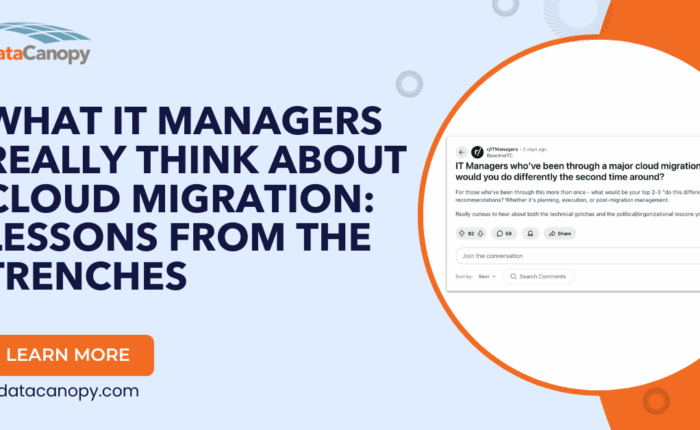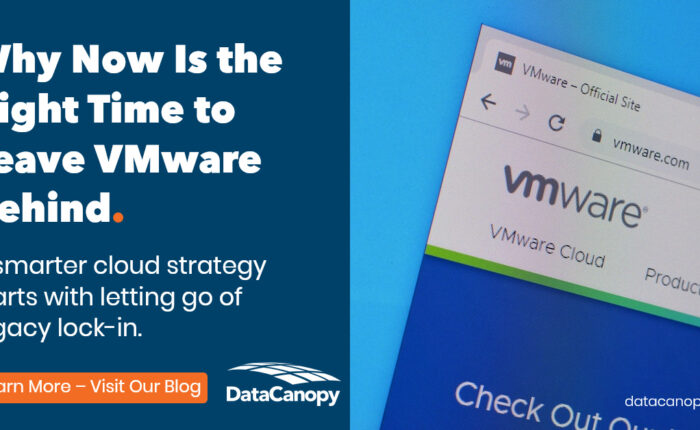As companies make the rapid transition to a remote workforce, many organizations are pivoting to implementing a VPN as a means for their employees to securely access their workload.

A virtual private network, or VPN, provides security by encrypting the data you send and receive when you’re working online, but misuse can threaten your infrastructure’s security, slow the experience for everyone, or compromise your personal data. Below, we have compiled our top 3 VPN best practices for remote employees:
- Use a Remote VPN for Untrusted Networks
The importance of using a VPN is to ensure security for your data on any untrusted network, like the home office internet connection or networks at public places, such as a local coffee shop or a public network in a hotel room. If you don’t control the network and/or don’t know who controls it, use the VPN. As an added protection, an organization using VPN should have both antivirus and firewall protection on all company hardware.
Employees connecting from hotels, airports or other unsecured networks pose a definite threat to the corporate network. To protect your network, we recommend that you require employees to adhere to these rules:
- Limit file sharing. Before connecting to an unsecured network cut off the features that enable open file sharing on your devices.
- Request the specific Wi-Fi name from the hotel staff. Don’t guess. Hackers may set up a similarly named Wi-Fi to dupe unsuspecting travelers.
- Conduct financial or sensitive transactions with a VPN.
- As a rule, use the cellular network. Your phone is not secure on public Wi-Fi – we recommend using a VPN or encrypted application for protection.
- When browsing, stick with HTTPS. HTTPS over the web is more secure than HTTP because your transactions are encrypted. It is much more difficult for hackers to listen into and collect personal information when you employ HTTPS.
Furthermore, your organization should employ a “security as a service,” or detection monitoring to identify and stop malicious attack on the network before damage occurs.
- Be Mindful about VPN Bandwidth
If your company offers a remote VPN, remember there is only so much bandwidth available for everyone. If you are watching Netflix or joining a Zoom meeting, both would be good times to disconnect from the VPN and preserve that bandwidth for someone who needs increased security as they send work emails from home.
To conserve bandwidth further, another suggestion would be installing a split connect to allow data traffic to be divided on your server to conserve bandwidth. In this case, you could redirect data traffic for applications, larger files to be separated from data that is used for platforms such as social media and networking software.
- Download Your VPN Profile on Work Devices Only
Again, keep in mind that your company’s remote VPN is a limited resource, so you don’t want to hoard licenses with your iPhone and your old desktop in your employee’s home office. It’s also worth remembering that a VPN doesn’t protect your data from your employer’s eyes, so you should keep your personal internet usage confined to non-work devices.
A Note for Employers of Remote Employees
For employers to protect themselves and make life easier for their employees, a comprehensive policy should include who has access to the network, how much access they have, and what types of devices can connect to the network. Additional matters to address include idle connection time, standard processes in case of a breach, and authentication.
There are several types of VPNs in use in the corporate world: Remote Access Server (RAS), Internet Protocol Security (IPSec) and Secure Sockets Layer (SSL). Each has their own pros and cons to ensure your data is protected and your users are able to work from wherever, whenever. Your IT provider should be able to assess what VPN will work best for your organization.
At Data Canopy, we are prepared to ensure that your business data is protected not only for today, but in the future. We can help you develop a plan that keeps your business running and your team productive. Data Canopy offers geographical redundancy from data centers nationwide, full encryption and corruption detection capabilities, and virtual server backups for seamless fail over in the event of an outage.



